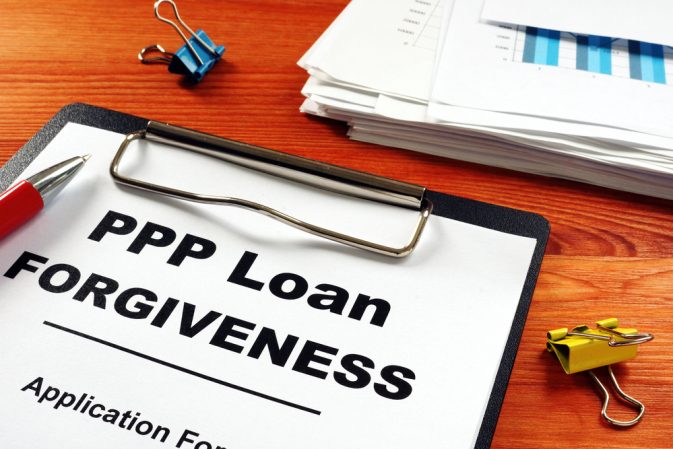PPP extension puts small business in position to launch our economy out of recession

Wednesday’s unanimous Senate passage of the Paycheck Protection Program Flexibility Act is a bright spot for American small businesses suffering through the dark times of quarantines and curfews. Divided as the country is, the bill demonstrates that Congress can still come together to do what’s right for small businesses when needed.
The Act passed the House with only a single dissenting vote last week, and it now moves to President Trump’s desk to be signed into law. More than a ray of light, the PPP extension represents economic dawn over the horizon. Thanks to the collective efforts of all Americans, we have flattened the COVID-19 curve.
Thanks to the brave voices of outspoken doctors, we are now starting to flatten the COVID-19 fear and reopen society.
Curfews remain in effect in many large cities across the country, but rioting and looting have started to abate in some parts of the country. Small business owners and all Americans have cause for cautious optimism that 2020’s darkest days are behind us.
The PPP is one of the most successful government relief programs in recent history. It has already provided about $510 billion worth of loans, which are forgivable to the extent employers maintain their payrolls, to nearly 4.5 million small businesses. Since small firms account for about half of the nation’s jobs and two-thirds of its new jobs, keeping them afloat is a necessary component of emerging from this pandemic-induced recession. So far the PPP has saved about 50 million jobs. The extension passed Wednesday makes the PPP even better. It triples the duration of the period recipients can use PPP funds to 24 weeks from eight weeks, giving employers more time to get back up and running.
For small firms that took early loans, the deadline to accrue forgivable expenses was next week. This flexibility is especially needed for companies in parts of the country that can’t fully reopen due to government-imposed limits on business activity due to COVID-19 and curfews. The expansion also helps small businesses that are located in high-rent areas or aren’t labor-intensive. It relaxes the portion of the funds that must go to payroll to 60 percent from 75 percent, making the program more attractive to more employers.
As Senate Majority Leader Mitch McConnell put it: “Since keeping workers on payroll obviously requires small businesses to stay afloat in the first place, we’re expanding firms’ ability to use these funds to meet obligations like their rent, their mortgage or their utility bills.” The bill also extends the deadline to rehire workers to qualify for forgiveness to Dec. 31. Some small business owners are having difficulty rehiring employees because supplemental unemployment insurance payouts are often higher than wages. This provision protects small businesses from being punished by the unintended consequences of government action.
In sum, the PPP extension puts small businesses on the solid ground needed to launch the economy out of recession. Now it’s time for policymakers to direct their energies to reopening society so that customers can return and cutting the payroll tax so that employers and employees can keep more of their earnings. If state and local politicians allow mass protests to occur without fears over contagion, then they must let commerce commence again. Protest is important. But so is the economy. They are fundamental parts of American exceptionalism, to which we will soon return thanks to expanding the PPP and flattening COVID-19 fear.
Alfredo Ortiz is president and CEO of the Job Creators Network.





